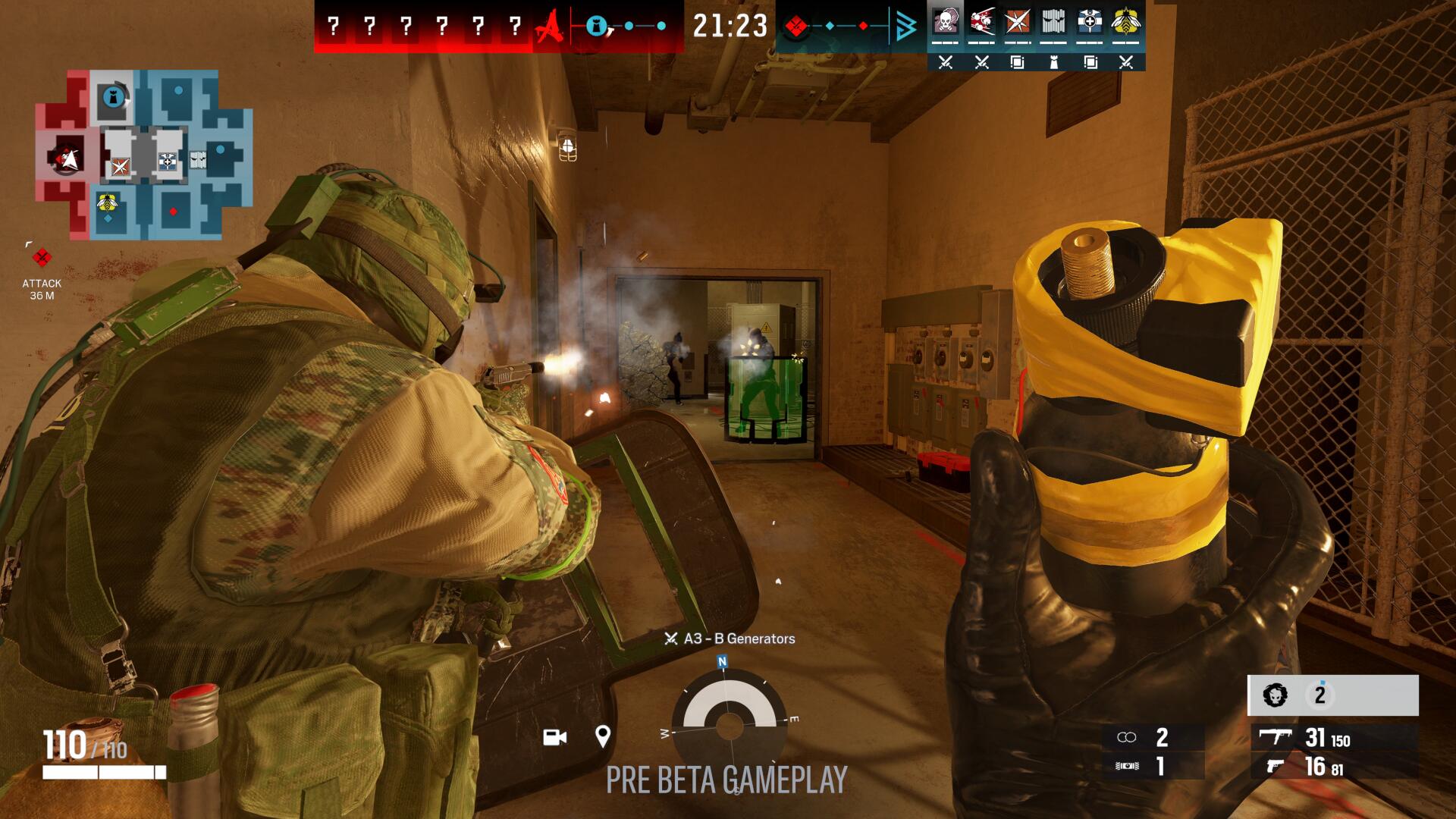Sound Pressure Breakpoint
Every round in Rainbow Six Mobile opens with a silent squeeze—the moment before contact when the building seems to hold its breath. This isn’t about sprinting in. It’s about stepping into a space where floors creak like alarms and a single reload can give you away. From the first footstep, sound begins its tally—your pace, your route, your nerves. The map listens, and it will punish the loud. Then the distortion hits—audio layers stack under stress: a distant barricade thuds shut, barbed wire whispers under boots, a gadget ticks once and vanishes. You stop relying on sight. You start playing by ear—counting helmets through a wall by the rhythm of their steps, tracing a flank from one faint clatter of metal, catching a breathing pause before the breach. If you’re still alive—shaken, pinned, heartbeat roaring in your headset—you enter the clutch phase: finishing the round without giving the enemy a single free cue. There’s no safe corner. No noise to hide behind. Only the constant pressure of footsteps shifting positions and the knowledge that one careless sprint will write your location in neon. Your comms spike. Your memory loops the last audio tell. You fight the urge to rush. Mastering sound isn’t about volume—it’s about control. It’s walking when panic says run, holding fire when echoes would betray you, and striking the second their noise gives them away. You don’t overpower this battlefield. You outlisten it—until even the quiet starts speaking your language. Because here, the game doesn’t forget your mistakes. It remembers every step that was too loud and every silence you turned into a win.
Enter the Siege Frontline